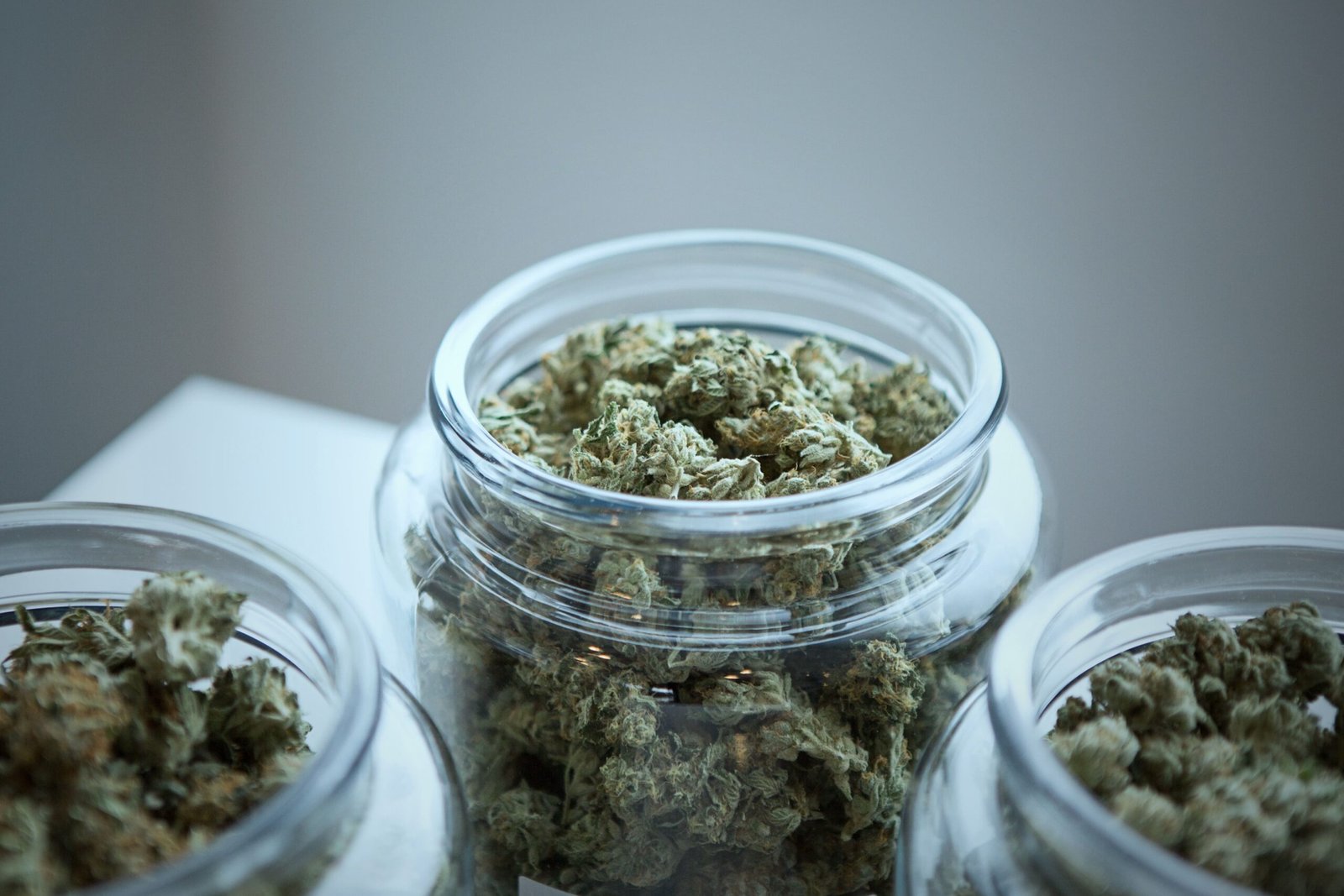Binghamton’s proposed cannabis enforcement law remains in limbo six months after its introduction. The legislation, which aims to regulate the illegal sale of cannabis in the city, has yet to be voted on by the city council.
Mayor Jared Kraham introduced the enforcement law on October 22, 2024, following a rise in unlicensed cannabis sales, including a recent incident on Court Street that led to a public health crisis. In April, enforcement officials from the New York State Office of Cannabis Management (OCM) seized illegal cannabis products from Maryam’s Taste of Halal, prompting multiple hospital visits for underage individuals. Kraham has urged the council to pass the law to allow local police to take action against such illegal sales.
If enacted, the law would empower the Binghamton Police Department to enforce cannabis regulations and issue notices against businesses selling cannabis unlawfully, a responsibility that currently lies solely with state authorities. This would enable local enforcement to act swiftly in shutting down illegal operations, particularly in convenience stores and unlicensed shops.
Despite the mayor’s support, the city council has not yet scheduled a vote on the proposal. Several discussions have taken place, including a public information session on March 31, where community members expressed mixed opinions on the legislation. Some, like Andrew Pragacz, a sociology professor, argue that cannabis enforcement should fall under different agencies, citing public health concerns. Others, including Damien Cornwell, owner of the legal cannabis dispensary Just Breathe, support the law, believing it would help legitimate businesses by reducing competition from illegal sellers.
Council member Nate Hotchkiss has voiced skepticism about the law’s effectiveness, expressing doubt that police enforcement will significantly reduce unlicensed sales. He argues that the real solution lies in making cannabis licenses more accessible at the state level, rather than relying on enforcement measures that have historically failed. Hotchkiss describes the proposed law as a ‘symbolic gesture,’ stating that until cannabis licensing is as straightforward as that for tobacco or alcohol, the market will remain unregulated and competitive for legal dispensaries.
As of May 7, 2024, the council has not scheduled a vote, leaving the future of this enforcement law uncertain. The ongoing discussions reflect a broader debate about the balance between regulation, enforcement, and public health in Binghamton’s evolving cannabis landscape.


